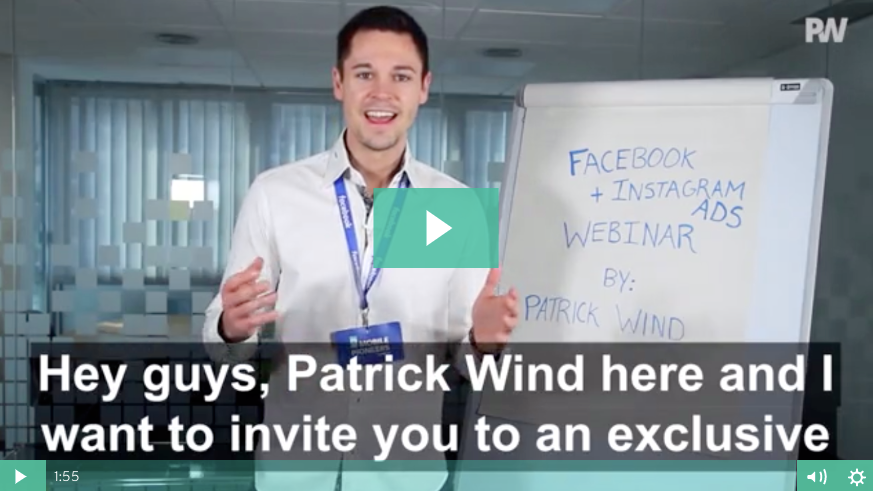Bye bye Facebook Pixel 😱

Third-party cookies will disappear from Chrome somewhere in 2021 (announced by Google in January of this year). What will this mean for us? No more Facebook Pixel, which means no more lookalike & custom audiences, conversion tracking, Ad optimization, or retargeting.
No need to panic though, as there is a solution, which consists of having all the data collected on our website servers, which will become crucial if we want to keep using all the cool tools we, Digital Marketers, love so much.
The solution is called Conversion API and it is a Facebook tool that registers and shares the events happening on our website from our servers to the Facebook servers.
This is similar to what is done by the Facebook Pixel installed on our Chrome browser, but in this case, the data gets collected by our web site's server, not by the browser. So, even if the browser is blocking some data from our Pixel, it still gets to Facebook servers.
At the present, Conversion API is used more like a backup for the browser/Pixel, not as a replacement to it. So, if we already set it up, it will improve our Pixel performance, which is great!
There are three ways the Facebook Conversion API can be set up:
- Manually, if we are up to writing some code.
- By delegating the task to a developer.
- Using a Partner Integration like Zapier or Integromat (among others).
The third method is the easiest and most cost-efficient one as you need zero coding, and you can do it on your own, just following step by step instructions of the company you chose. It can seem intimidating at first, but it is as simple as matching colors.
As an example, let’s say you have a Shopify store and you want Facebook to understand when a purchase is happening, so it is reflected in your ad account dashboard. So, on one side there’s Shopify and on the other side, there’s Facebook’s Conversion API.
With a Partner Integration, you will be able to choose the event “Purchase” from Shopify, the event “Purchase” from Conversion API, and match them together so they are synced as the same event. So, when “Purchase” is triggered on Shopify, it will automatically trigger “Purchase” on the Conversion API, which will inform Facebook servers and make the purchase appear on our ad account dashboard in the “Purchase” column.
Of course, this is not as convenient as having the Pixel do this stuff automatically, but when the Pixel becomes useless, this will be the only way to keep taking advantage of what makes Facebook Ads so great.
Wrapping up, we recommend starting using Conversions API as soon as possible as it will improve our Pixel performance and we will be already prepared for when we are left “Pixeless”. Rather good outcomes for just a few hours of time investment.
If you want to find out more about Conversion API and how to set it up, you can access Facebook's official article about the subject by clicking here.
Join FREE FB & IG Ads Webinar by Patrick Wind!
Learn the exact Bid Strategies, Audiences & Ads that Patrick has applied to over 120+ Brands to generate over €10,000,000 with their Facebook & Instagram Ads.


